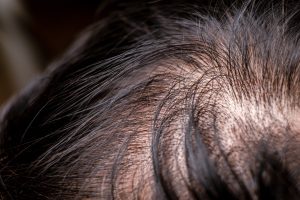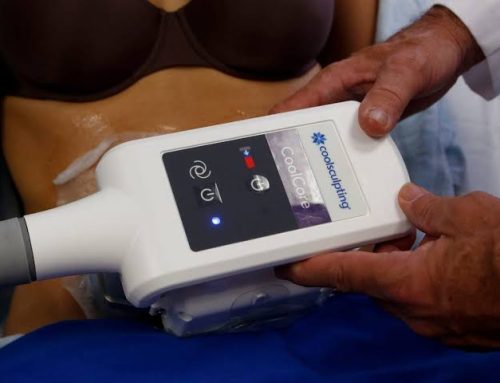Introduction
Hair is more than just a biological feature; it is an essential part of one’s identity and self-esteem. Women, in particular, often consider their hair as a symbol of femininity, beauty, and confidence. Unfortunately, many women experience hair loss, a condition that can have profound emotional and psychological effects. This article delves into the reasons why women suffer from hair loss, the significance of hair to them, and why a growing number of women are opting for Direct Hair Implantation (DHI) as a solution to restore their locks and self-assurance.
What causes female hair loss?
Hair loss in women can be attributed to various factors, including:
- Hormonal Changes: Fluctuations in hormones, particularly during pregnancy, menopause, or with certain medical conditions, can lead to hair thinning or shedding.
- Genetics: Just like men, women can inherit the genes responsible for pattern baldness. Female pattern hair loss typically results in diffuse thinning on the crown and top of the head.
- Stress: High levels of stress can trigger a condition called telogen effluvium, causing temporary hair loss.
- Aging: As women age, the hair growth cycle slows down, leading to thinner and less vibrant hair.
- Nutritional Deficiencies: A lack of essential nutrients like iron, zinc, or biotin can result in hair loss.

Why is having hair so important?
Hair plays a vital role in a woman’s identity and self-esteem. Here are some reasons why it’s so important to them:
- Self-Expression: Hair is a form of self-expression. Women often experiment with different hairstyles, colors, and lengths to showcase their personality and style.
- Beauty: Thick, healthy hair is often associated with beauty and attractiveness. Losing it can take a toll on a woman’s self-confidence.
- Youthfulness: A full head of hair is often equated with youthfulness, and many women want to maintain a youthful appearance.
- Social and Cultural Factors: Cultural and societal norms can put pressure on women to have long, lustrous hair. This can lead to feelings of inadequacy when hair loss occurs.
- Emotional Well-being: Hair loss can have a significant impact on a woman’s emotional well-being, leading to anxiety, depression, and reduced self-esteem.
Which hair transplant method most women decide for?
Direct Hair Implantation (DHI) is an advanced hair restoration technique that has gained popularity among women for several reasons:
- Minimally Invasive: DHI is a minimally invasive procedure that involves extracting individual hair follicles from a donor area and implanting them directly into the recipient area. This reduces scarring and discomfort, making it an attractive option for women.
- Natural Results: DHI provides natural-looking results, as the transplanted hairs are precisely placed in the direction and angle of the existing hair, ensuring a seamless blend.
- High Graft Survival Rate: DHI has a high graft survival rate, ensuring that transplanted hair follicles have a good chance of thriving and producing hair.
- Quick Recovery: The recovery time for DHI is relatively short, allowing women to resume their regular activities sooner.
- Effective for Various Types of Hair Loss: DHI is effective for various types of hair loss, including female pattern hair loss, hormonal hair loss, and traction alopecia.

Conclusion
Hair loss can be a distressing experience for women, impacting their self-esteem and overall well-being. The significance of hair in a woman’s life cannot be underestimated. DHI offers a promising solution, enabling women to regain their confidence and feel like themselves once again. It’s essential for women to consult with qualified professionals to determine the most suitable approach for their specific hair loss situation. With advancements in technology and the expertise of medical practitioners, hair transplant procedures like DHI are transforming lives and helping women reclaim their sense of self and beauty.
Disclaimer: The content on this blog is intended for general informational purposes only. It is not a substitute for professional medical advice, diagnosis, or treatment. Always consult qualified healthcare providers for personalized advice. Information regarding plastic surgery, dental treatment, hair transplant, and other medical procedures is educational and not a guarantee of results. We do not assume liability for actions taken based on blog content. Medical knowledge evolves; verify information and consult professionals. External links do not imply endorsement. By using this blog, you agree to these terms.










